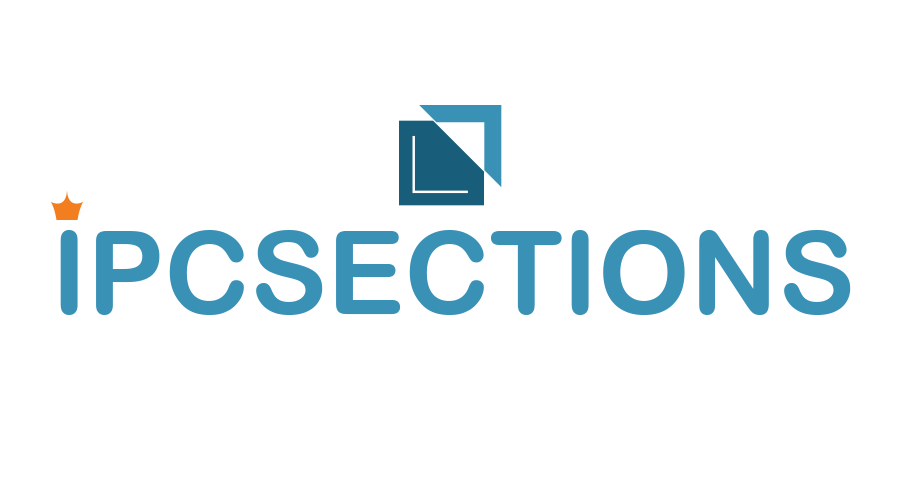Accidents may occur in any situation and at any moment, causing serious injury and mental distress. If someone else’s negligence caused these injuries, a personal injury lawsuit may be able to compensate you. A Denver personal injury lawyer is a valuable resource in guiding you through the legal process. This article will give you an overview of personal injury lawsuits and the necessary steps.
- What Is Personal Injury?
A personal injury lawsuit is initiated by a plaintiff who has been injured against a defendant. The purpose of this claim is compensation for injuries, losses, and damages caused by the defendant because of his negligence, recklessness, intentional wrongdoing, etc.
- Personal Injury Lawsuits Can Be Classified In Several Ways
Personal injury lawsuits can arise for several reasons, including:
- Accidents in Cars:Where another driver’s negligence caused an accident, you may have the right to file a claim for personal injury compensation. This includes medical expenses, damage to property, and any other losses.
- Slip and Fall Accidents:Property owners are required to keep their premises safe. If you slip on a slippery surface, the property owner may be responsible for your injuries.
- Health Care Professional Malpractice: When a health care professional’s neglect causes injury, you might be entitled to compensation for your medical bills, suffering, and pain.
- Product Responsibility: Faulty or dangerous products are liable for injuries. You may have a product liability case against the manufacturer or distributor in such situations.
- Workers’ Compensation:You can file a claim when you are injured on the worksite. In some instances, you may be able to file a personal injury lawsuit against a ‘third party.
- The Role of an Injury Lawyer
As your advocate, a personal injury lawyer in Denver will represent you throughout the claim process. They have several vital roles to play, including:
- Investigator:An attorney will investigate an incident, gather proof, interview the witnesses, and assess how much damage you have suffered.
- Legal Counsel:The lawyer you choose will offer legal guidance and explain your rights. They can also help with making informed decisions.
- Negotiation: On your behalf, your attorney will work with an insurance company or a defendant’s lawyer to negotiate a fair resolution.
- Legal Action:When negotiations fail, your attorney can file a suit in court to represent you and will present your case to a jury or judge.
- Advocacy: A lawyer is your strongest advocate. He will fight to ensure you receive the compensation and rights you deserve.
- Calculating Liability
Establishing responsibility is critical in a personal injury claim. You must demonstrate that the defendant’s negligence or wrongdoing caused your injury to prove your claim successful. This is typically done by proving:
- A Duty of Care:This defendant owed you an obligation of care. The defendant owed you a certain duty.
- Breach of Duty: The defendant failed to act with due care. This means they did not act reasonably or responsibly in the given circumstances.
- Causation: You were injured by the defendant because he breached the duty. You must prove that the defendant’s conduct caused your injuries.
- Injuries:The injuries you sustained caused actual damages to you, such as medical costs, lost wages, or pain and discomfort.
Conclusion
Understanding personal injury cases is essential if you’ve been injured because of another person’s negligence or wrongful action. Personal injury attorneys in Denver will be your advocate and guide you through legal proceedings, investigate your case, and fight for compensation. Consult a lawyer to help you obtain the justice and compensation you are entitled to.

